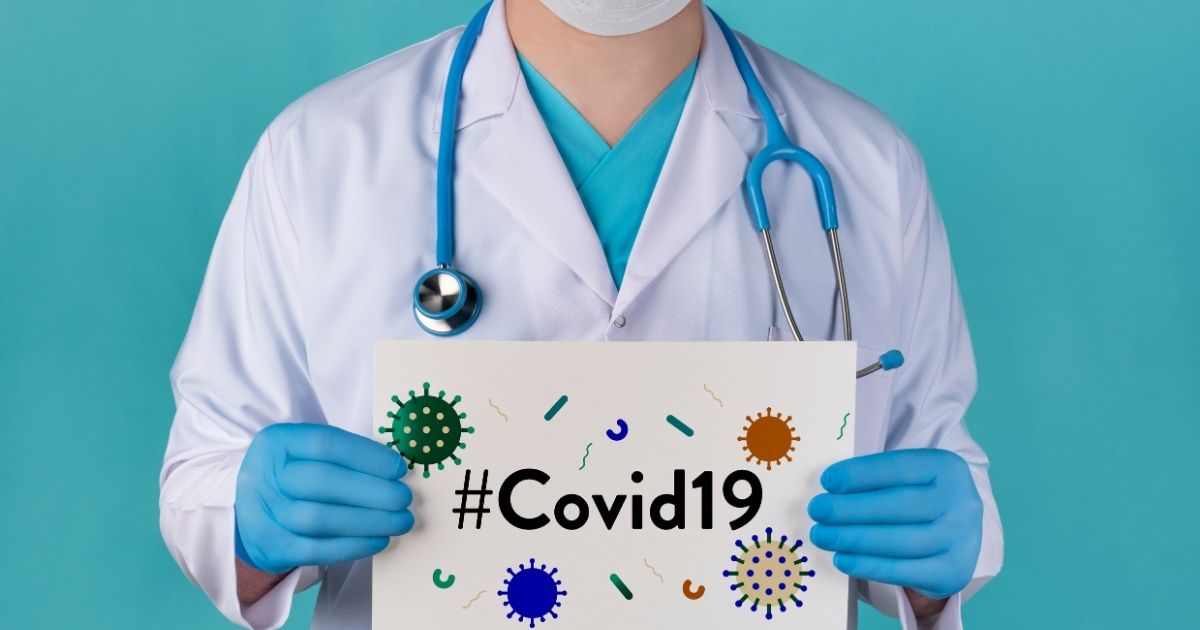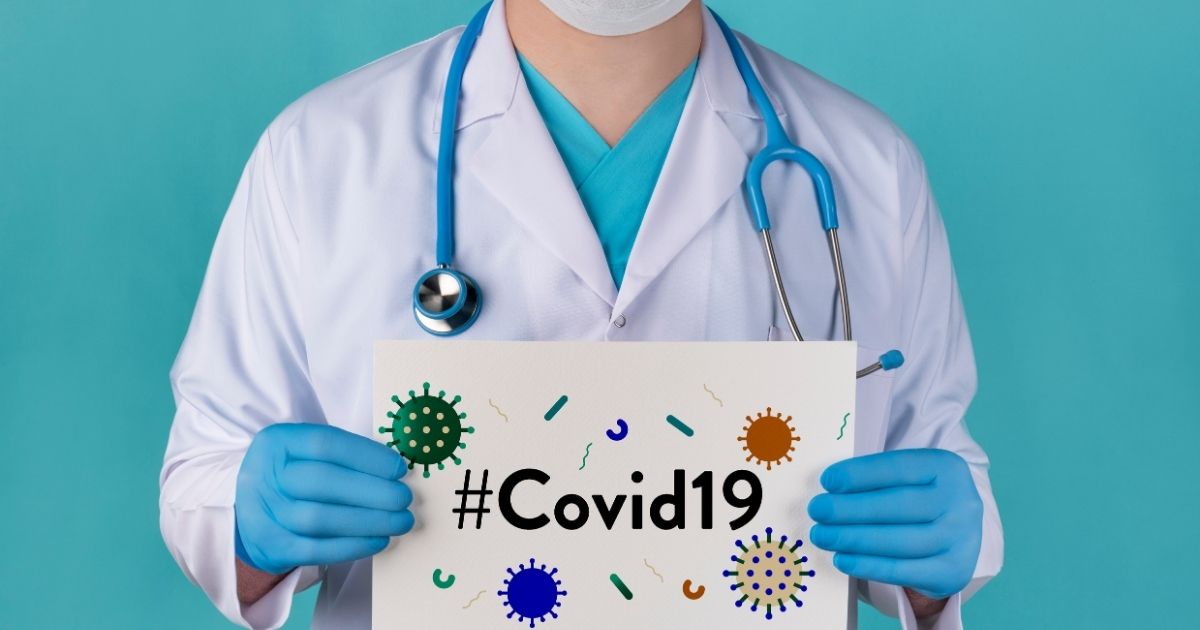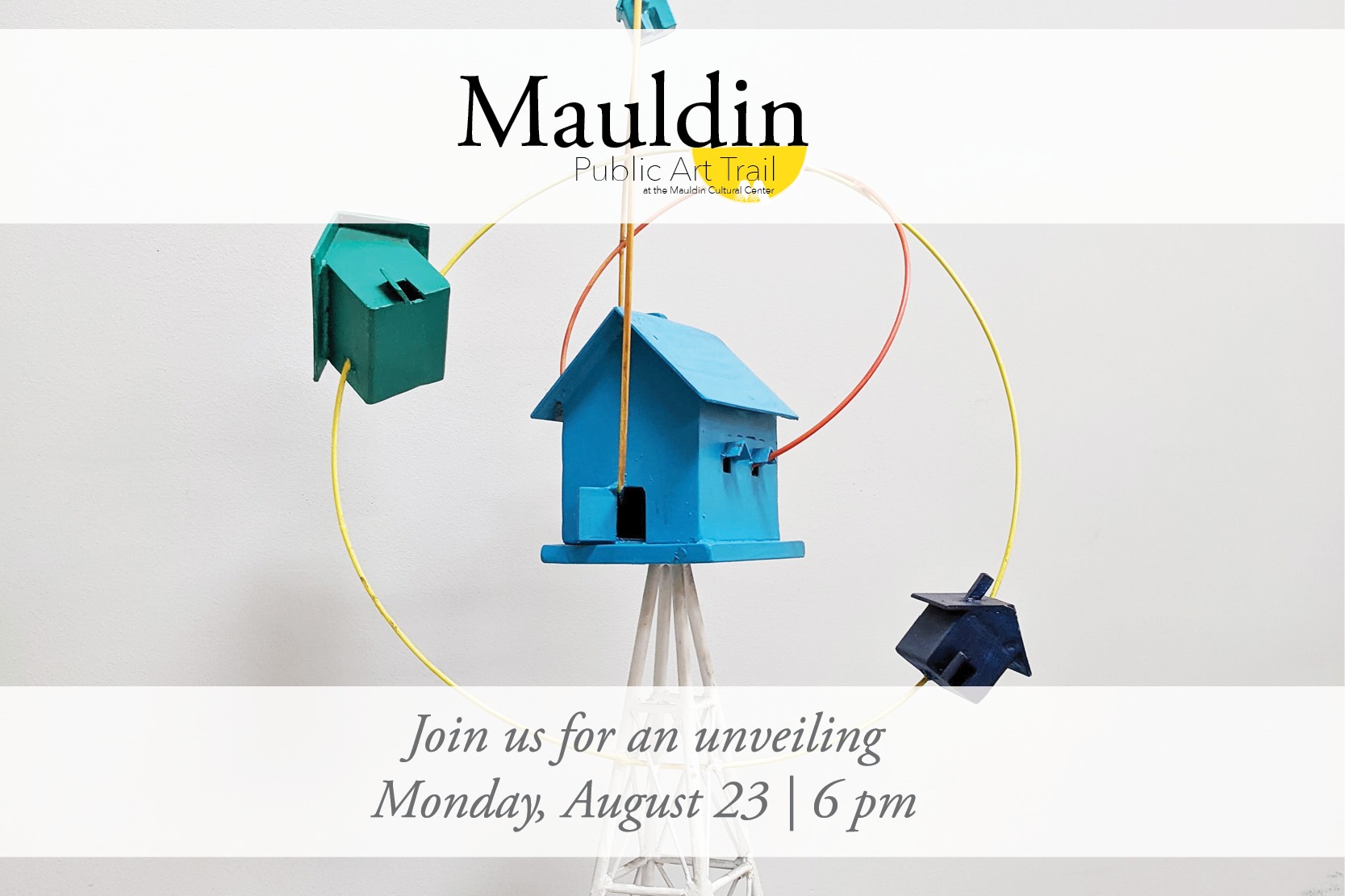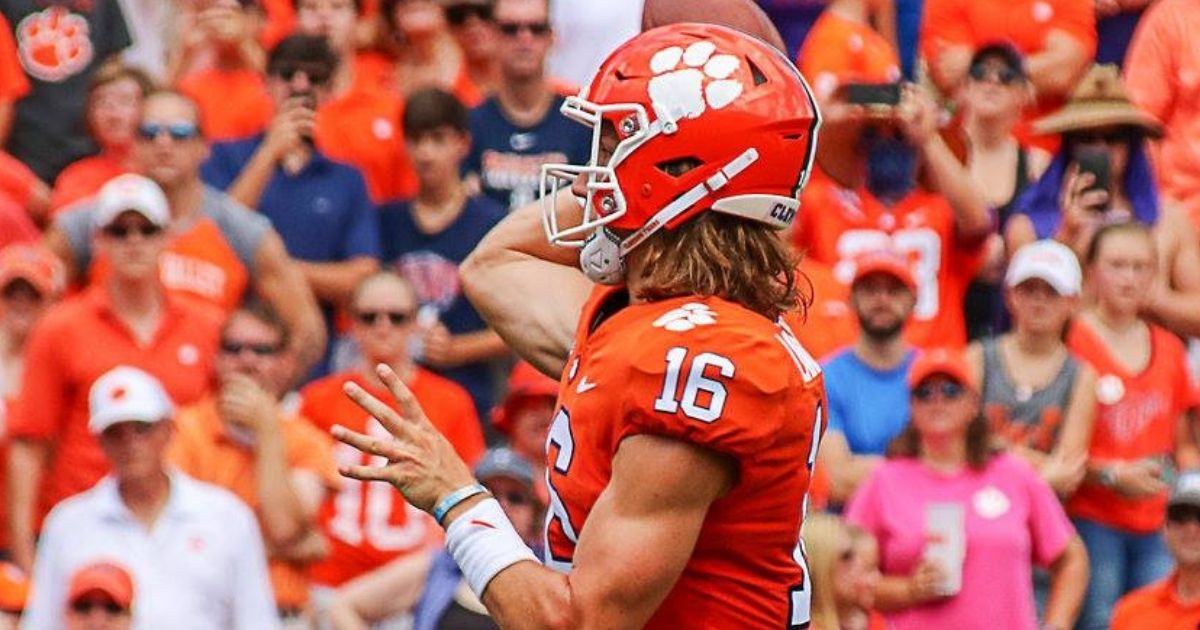So here’s my perspective: I think streaming services definitely underpay artists.
HOWEVER, I think a lot of artists over-glamorize the past (pre-streaming), and can get stuck on the “good old days”. Being that I’m 39 years old (I graduated high school in 2000), I was right smack-dab in the middle of the “Napster Age,” so to speak. I remember making tape dubs of CD’s when I was younger, and scouring used CD bins at local pawn shops, as well as even getting caught stealing CD’s from Best Buy in my Jnco’s (Now I’m really dating myself!). CD sales started rapidly declining when Napster and other peer-to-peer sites became prevalent, and this often diluted the quality of the music you were getting (sooo many mislabeled songs and viruses) etc. Then people moved on to torrenting music, and I remember in around 2010 I could also basically just type in “Album name” + “Mediafire”and find a zip file and download it for free.
Bands used to burn hundreds of CD’s
From a musician perspective, I also remember all of my friends in local bands having to buy 1,000 CD’s to make it where the price per unit wasn’t insane, and then most of them just sitting on literally hundreds of unsold CD’s. Or us finding a CD burner and making super shitty burned CD’s with sub-par printed artwork to sell at shows. On the other end of the spectrum, most major label recording contracts were never geared towards the monetary success of artists, unless they hit an astronomical number of units sold, so that system is fucked also. Even for artists that “made it”. So I feel like I’ve been around long enough to have a little bit of context into things. Maybe.
Spotify’s New Model Has Issues
While I can’t speak highly of Spotify’s business practices (the new promotion tool/trading stream revenue for more discovery seems CRAZY to me), I would argue that having one unified place for music (mostly) is a step in the right direction, except for the possibility of having a monopoly. I feel like there is a lot of complaining from musicians these days about stuff like Facebook/Instagram algorithms or lack of compensation for streams etc. And while these are all legit complaints, I can’t help but think, “Back in my day…” and remember xeroxing handmade flyers and all of that costly stuff associated with being in a band pre-2005.
Artist Perspective on Streaming
However, I realized that in order to really get to the bottom of things, I should perhaps talk to musicians with a wide breadth of experience, and see how they viewed things on their end. For this month’s article I was able to round up some of my favorite musicians such as BJ Barham of American Aquarium (New West Records), Jared Corder of *repeat repeat (Dangerbird Records) and Mikey Carvajal of Islander (Better Noise Music). So now onto the interview!
Wes Gilliam: With all of that being said (I sent the artists my foreword), do you view Spotify/Streaming as necessary, evil, or a necessary evil at this point? Or what is your take at all?
BJ Barham: Don’t get me wrong, I would love to live in a world where I get paid $15-$20 for every person that has my music on their phone, but that is simply not the world we live in. When looking at the monolithic changes the music industry has endured the last two decades, one has two options. You can complain about “how good it used to be” and reminisce about an antiquated model…or you can adapt and try to make the new norm work for you. There’s no going back to the mid 90’s heyday of people purchasing every piece of music they listen to. The genie is out of the lamp. Music has been “free” for almost twenty years now and there is no going back. I truly see streaming services a good thing, as a business user and as a consumer. I have Spotify and I love the freedom to mobilly have every song ever recorded at my fingertips, so it would be hyporcritical of me to talk about the evils of the platform and at the same time, enjoy the fruits of said evil. As an artist, I think that the streaming sites have turned a larger audience, that would have never heard of me without said service, on to my music. Maybe I’m just being an optimist, but I’d rather them fall in love with my music for free and pay $20-$30 to see me live everytime I come to town, for the rest of my life, than to have never heard of my music in the first place.
Jared Corder: Of course it’s necessary at this point. While the issue of finding a way to pay musicians has been an issue for decades, I also see some friends who would *never* get noticed otherwise put out songs and get hundreds of thousands of plays. The money sucks but it’s the best way to broaden your audience.
Mikey Carvajal: I just think it’s where we are in the world/culture now and I don’t believe it will be changing anytime soon. Music hasn’t been an “experience” for awhile, and I’m not really sure how to “fix” that issue.
WG: Do you think the good that comes from streaming outweighs the bad ? I often think of them as a tool for discovery. Am I wrong? I’ve had a few friends hit some major streaming numbers and had some major exposure (insert “you’ve died of exposure” meme here) due to playlist placements, esp for being relatively new.
BB: It depends. As a band that plays 200-300 shows a year, we see a direct correlation between streams and ticket sales. I don’t know if I’d be singing the same tune if we were in a band that didn’t tour. I look at Spotify as the introduction. The hook. The thing that gets them to the show. Once they are at the show, that’s where I show them the real product. The live experience. As a simple tool for discovering new music, I’m not sure there’s anything better, even comparable. The playlist are extremely helpful. We’ve had songs get added to editorial playlist and those songs all have 1,000,000+ listens. A million listens. That number is hard for me to even conceive and it’s only because of the playlist introducing my music to a much larger audience than I could ever reach on my own.
JC: Yea. I mean, in a way it separates the artists who are in it for the art. I didn’t get into this industry to make millions, if that happens it would be nice, but there are quicker ways to make lots of money.
MC: I totally believe it’s a great place for exposure. I know that Islander has had some success with being added to playlists and such. My only concern would be the over saturation of it all. It’s harder to find good music because there is so much music trying to get our attention.
WG: What’s your take on stuff like “Bandcamp Friday”. I’ve heard some success stories, but I wonder if it’s just a small flash in the pan. It kinda reminds me of when Google+ tried to take on Facebook, but the user-base just wasn’t there.
BB: Personally, we don’t use BandCamp as much as other bands, but I know for a fact that over the last year a few of my favorite artists have survived solely off of the revenue of their BandCamp page. Over the last fifteen years, we have been extremely fortunate to cultivate a fanbase that is very good about buying directly from us through our online store. We make it a point to remind fans that we run our own store and are 100% DIY. Fans know that when they buy from us, it all goes directly to us. 2020 saw our online sales grow over 400% and that all goes back to taking care of your fanbase and letting them know that each and every one of them matter to you. From answering emails to writing thank you cards, I can’t emphasize enough how important it is to not just acknowledge your fanbase, but to take care of them, because there will come a time when you need them (cue the pandemic) and they will go out of their way to buy that extra shirt or that extra piece of vinyl to help you out when you need it the most. We are living proof of that.
JC: Bandcamp is one of the few companies that seems to genuinely give back to the artists. We’re for it. It costs nothing to put your music on there and if you do research on how much they have helped artists raise in the last two years it’s insane.
MC: I honestly have no opinion on it because I’m not even completely sure what it is. That may be a good indicator as to how some others may feel also.
WG: The thing that always worries me is the devaluation of music and making it free. Now we have free recorded music everywhere, and more and more free shows at places like breweries etc. While I’m glad my friends are able to get paid for gigs like this, I constantly worry about what’s expected to be free next? Any thoughts on this?
BB: Again, the genie is out of the lamp. Streaming music is free and there is no turning back. I think it is extremely important for bands to stress the importance of owning the music that moves you to their fans. Vinyl has given bands a second chance to put a physical artifact of their music in fan’s hands. CD’s killed vinyl back in the early 90’s, digital killed CD’s in the age of streaming services and now we are seeing this huge resurgence of vinyl. Fans want to own the music they love. Fans want to help support their favorite bands. Fans do not want another disc of plastic sitting in their floorboard. As far as shows, those will never be free. Someone is always paying for the art. Even if its a free show at a brewery, someone is footing the bill and paying the bands. If you are a band and not getting paid for a gig, that is your own fault. Know your worth and never, under any circumstance, play a show for “exposure”. Exposure doesnt pay your rent. Know your worth.
JC: We shouldn’t put all the blame on streaming companies. They’re just following the trend. Honestly we should blame ourselves for being cheap asses and stealing music for years and not paying for tickets to shows. If Spotify went away most people would just go back to stealing the music, so it really starts with us as a society. What can we do to value music and art more?
MC: Haha, I think about that a lot. I love Disney World.. but if it were free, I would have to wonder how good the quality could actually be considering there are no funds coming in. I feel like it’s the same for music. If music continues to lose value, it’s going to be harder and harder to give people a show based off of something simple as affording gas or instruments to make the music actually happen.
WG: What do you think they (Spotify, Apple Music, Tidal) could change for the better (besides paying artists more)?
BB: You named it. Pay the artists more. It’s that simple. We are watching these companies make billions of dollars a year and somehow, they can’t afford to pay the creators of what they are selling a proper wage. These companies didnt make billions of dollars. They took billions of dollars. Pay the artist a penny a stream. Its not that hard.
JC: Give independent artists an equal fighting chance. Make it a more even playing field when it comes to revenue and play listing.
MC: I’m so bad at this because I don’t even own any of them. I listen to music on YouTube as well as my library app (Hoopla) that literally lets me “check out” all of the newest and oldest albums for absolutely free on my phone.
WG: My thoughts are that the people that really want to support the artists will find a way to do that, whether it’s buying a record or a shirt or something else. Any insight into that perspective?
BB: Merchandise is the lifeblood of a touring band. I cannot express this enough. Having an online store with everything you are offering is key. Give the people who want to support your music a chance to put their money where their mouth is. Always offer physical copies of your music. You would be shocked how many folks will buy that extra shirt online just to make sure you are still going to be a band on the other side of this thing. Lastly, always spend the extra money and invest in quality merch. Make sure that it’s something that people will actually wear. Yes, the Hanes Beefy T is cheaper, but a fan buying it is no good if they never wear it again.
JC: Yea, this shit takes time, but once you build a loyal fan base you *can* make money from it. Are you willing to struggle for your art? Are you excited to keep writing and releasing music even when everything else fucking sucks? If you answered yes, you may be ready for a career in the music industry.
MC: I believe this with all my heart. I think it’s up to the die hard fans to keep what they love afloat. I know that’s how it’s been for Islander at least. Without them we couldn’t do this.
WG: Any advice you’d give to a new band that’s putting their music on streaming for the first time?
BB: Don’t put all your eggs in the streaming basket. Very rarely are you going to be catapulted into super stardom because of a viral steaming hit. Prepare to work for the success you want in this industry and try to view the streaming sites as just another tool in your belt. My advice to young artists. Tour your ass off. Build a real relationship with your fanbase. Build a relationship with club owners/talent buyers. Spend the extra money on good merch that people actually want to wear. Do as much work yourself until you absolutely need a manger/agent/lawyer/etc. Surround yourself with the team that believes in the music as much as you do. Write better songs. Never forget what it was like to sleep on a floor. Make sure today is better than yesterday and that tomorrow is better than today.
JC: Be patient, do some research and remember it’s a slow burn. Organic growth is the best growth, don’t try to just pay your way into fake streams and followers.
MC: Don’t worry about making money off of your music. Become internet famous instead and try to get your own reality show or something. Be a meme.
Listen to and support the bands that contributed to this article!
Upstate Live Music Calendar
[wbcr_php_snippet id=”174873″]










